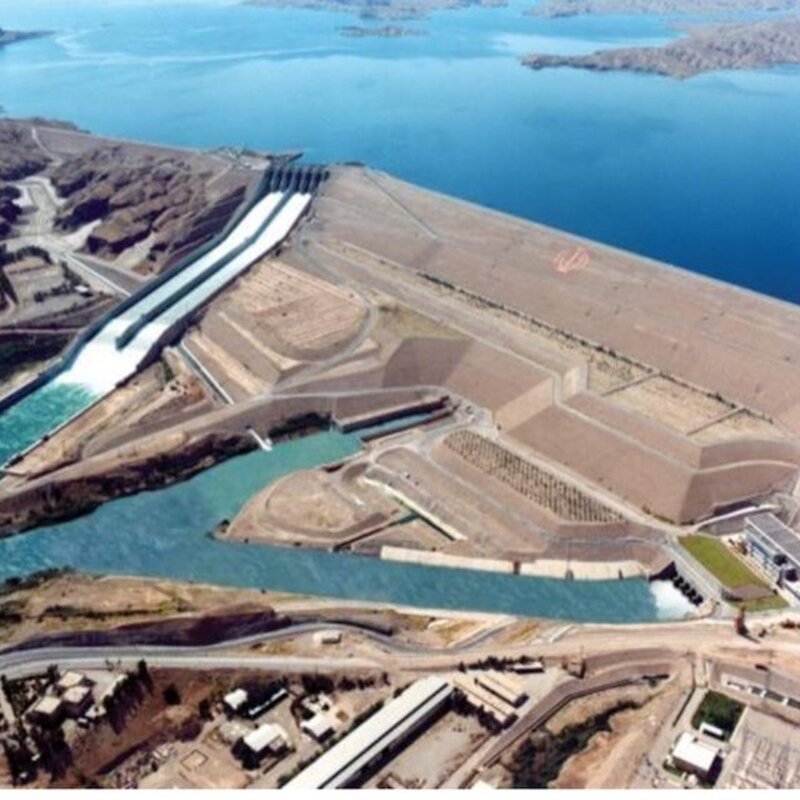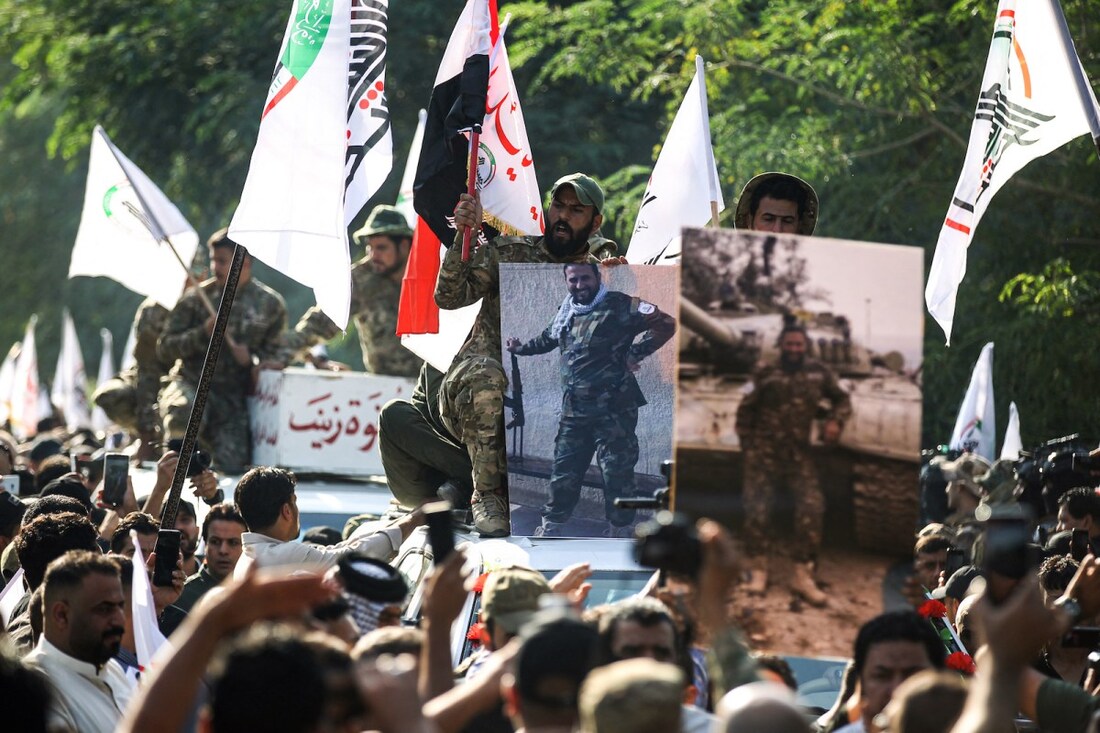Years of aggression by Iran toward its western neighbor Iraq have culminated in the outright theft of the country’s natural resources.
For the last several weeks, reports in international media have drawn attention to Iran’s systematic rerouting of Iraq’s vital waterways.
Despite persistent demands from Iraqi officials, Iran has been actively obstructing feeders of the most important rivers in Mesopotamia, the Tigris and the Euphrates, from which Iraq gets more than 90% of its fresh water.
Upstream dams in Iran can shrink the tributaries flowing into Iraq. Cutting off this flow can cause major water shortages across the border. The Iraqi residents to whom Hamdani was referring, who live in the eastern part of the country, rely completely on water emanating from Iranian territory.
Iran’s actions affecting the region’s rivers have been devastating for Iraq. In May, Turkey was compelled to increase the amount of water released into the Tigris and Euphrates to help Iraq account for its water crisis.
With no recourse and an unresponsive Iran, Iraqi officials are seriously considering lodging a complaint with United Nations entities for breach of international laws and for inflicting damage by cutting off cross-border rivers.
Even prior to Iran’s current reduction measures, Iraq had been suffering serious water shortages for years. A major factor in this is the disrupting habit of its regional neighbors, Turkey and Iran, of building massive dams.
These dams give both countries the ability to withhold water and even direct it to other projects, like Iran’s attempts to revive Lake Urmia in its northwest.
Tehran’s propensity for dam projects also has many Iranians concerned. Major construction companies, all of which are strongly affiliated with the powerful Revolutionary Guard Corps, have been building dozens of dams for years, often without any careful study of their impact on water supplies and the environment.
At the same time the water crisis is escalating, the shortage affecting Iraqis has brought to the fore the much bigger problem of Iranian influence in the country at all levels. The Iranian conspiracy to wrest control of the Iraqi nation has been going on for years.
The first step in Iran’s exertion of control in Iraq started early in the US-led Iraq war of 2003. Tehran developed an aggressive program to support Shiite militias in the country. Their support came in the form of weapons, funding, logistical assistance and training.
These militias have been operating with Tehran’s assistance for well over a decade, and Iranian support over that period has amounted to at least $16 billion, according to US government sources.
But beyond deploying its armed proxies in Iraq, Tehran has also succeeded in cultivating and promoting pro-Iranian policymakers, many of whom succeeded in taking office and since then have held political power in Iraqi institutions for years.
This plan has been a leaf straight out of Tehran’s old playbook, and in essence a repeat of how Iran infiltrated the Lebanese government with its loyal proxy Hezbollah.
Iranian officials now largely have free rein across all key institutions in Iraq. After years of exploitation, Tehran views Iraq as simply a resource bed, there for the taking. And Iraqis are increasingly waking up to this fact.
Tanks, boats and ammunition were on display in the Saturday parade, held to mark the seventh anniversary of the PMF, an umbrella group formed after a 2014 call to arms by Grand Ayatollah Ali al-Sistani, the leading Shiite cleric in Iraq.
The event came in the midst of a bitter stand-off between the paramilitary force and the government following the arrest of the force’s commander, Qassim Musleh, in early June on terrorism charges.
As more Iraqis have become aware of Iran’s abuse, the backlash against the Islamic Republic has increased. Slowly crawling out of years of war and dysfunction, Iraq sees its interests lying in solidifying connections with the broader Arab world and keeping working relations with the United States.
This has triggered the ire of Tehran, a regime only interested in utilizing the Iraqi people for its own benefit.
For many Iraqis, the water crisis has only highlighted the need to sever ties with Iran. Iran’s damaging of Iraqi water supplies is in a way a microcosm of its control over the country. A lack of reliable clean water has ravaged agriculture, displaced residents and inflicted a serious blow to a health system already weakened by the Covid-19 pandemic.
“We have to break away from their patronage,” said Iraqi regional expert Muayyed Salem al-Juhaishi. “This is what we are being encouraged to do by other countries, and Iran is trying to resist it and marginalize the international will.”
The latest disturbance inflicted by the Iranian regime must serve as a wake-up call, not only for Iraqis but for the international community as a whole, on the crippling impact of Iran’s presence in Iraq.
Source (Click Here)



 RSS Feed
RSS Feed